CHICAGO — Declaring the matter at an impasse, Amtrak has asked federal regulators to determine compensation and terms over Metra’s lease at Chicago Union Station.
In a filing with the Surface Transportation Board, Amtrak declared that despite “protracted negotiations” that have been conducted for more than a year, “parties cannot come to an agreement.”
Although the current lease is set to expire on July 29, no disruption of service or other operational changes will occur at the station, spokesmen for both sides say. Amtrak has asked the STB to issue an interim order so Metra will continue to use the facility under an agreement that dates back to 1984, but which has been amended several times.
According to a letter from Amtrak to Metra, Amtrak says there is a “significant, material gap between our respective views of ‘fair share’” costs at the station, and there are “methodological and philosophical differences between us on how that fair share should be calculated.”
In a statement, Metra said the agency “is seeking the best deal for its customers and for the taxpayers of northeastern Illinois. We agree that requesting the involvement of the Surface Transportation Board at this juncture is appropriate and we look forward to making our case there.”
Metra is the prime tenant at Union Station, which hosts roughly 41 percent of Metra’s passengers traveling to and from the downtown Chicago area, according to a filing with the STB. An average of approximately 109,520 passengers ride 286 weekly Metra trains on six separate routes to and from Union Station.
Metra calls Union Station “the backbone” of its commuter rail service, “and access to the station is essential to Metra, its customers, and to efficient transportation in the greater Chicagoland area.”
But the two sides are at odds over the amount of rent Metra should pay. The annual rental fee from Metra to Amtrak was $9.66 million in fiscal year 2018. Chicago media reports say Amtrak seeks to increase that rent by several million dollars, as well as receive a firm commitment by Metra to contribute to upgrade facilities. But Metra reportedly wants to cut its rent to less than $7 million a year.
Other costs are involved as well. According to an Oct. 5, 2016, memo from then-Executive Director Don Orseno to Metra’s board, Metra’s financial contributions to Union Station from 1984 to 2016 totaled $365 million. This included $229 million in rent, $130 million in capital improvements from 1984 to 2018, and a $6 million liability risk charge.
The issue of Metra taking control of Union Station has also been raised. Amtrak has rejected a proposal to let Metra take over operations or ownership of the facility, even though 90 percent of all trains that use the facility are Metra’s.
Metra CEO Jim Derwinski has said it is important for Metra to “have control over our own destiny” but that Amtrak has refused to give up operational control of Union Station.
Amtrak contends that Metra should be paying more because its use of Union Station has increased significantly over the years, and because of the cost of capital investments it has made at the iconic facility.
According to a July 22 letter from Amtrak Assistant Vice President Thomas Moritz to Metra Deputy Executive Director John Milano, “Amtrak’s position remains that Metra has benefitted from an outdated and inadequate 1984 contract that has failed to account for significant increases in its rail traffic and passenger counts at CUS.”
The letter said Amtrak is encouraged that a Metra counterproposal approaches Amtrak’s in several key areas. It said a consulting firm hired by Metra arrived at fairly similar figures for dispatching and maintenance of way costs.
“But there is still a gap between Amtrak’s proposals in these areas and Metra’s counter-proposal, and more significant gaps in other cost categories, including operating expenses, policing, liability and overall capital investment,” the letter states.
Regarding the extensive renovations that have been conducted at Union Station’s Great Hall, the letter said that any of these capital expenses will be solely Amtrak’s.
Last August, the STB rejected a petition from Metra to to step in and resolve the disagreement over Union Station, saying the action was “premature.” [See “STB won’t step in — yet — to resolve Chicago Union Station dispute,” Trains News Wire, Aug. 27, 2018.]
In that petition, Metra also contended that Amtrak had improperly merged Union Station into itself without STB approval. [See “Metra askes STB to intervene in dispute with Amtrak in Chicago,” Trains News Wire, April 10, 2018.]
Since then, the U.S. Senate has confirmed former Metra Chairman Martin Oberman to fill a Democratic seat on the STB board. Oberman told Trains News Wire he has recused himself from the matter.





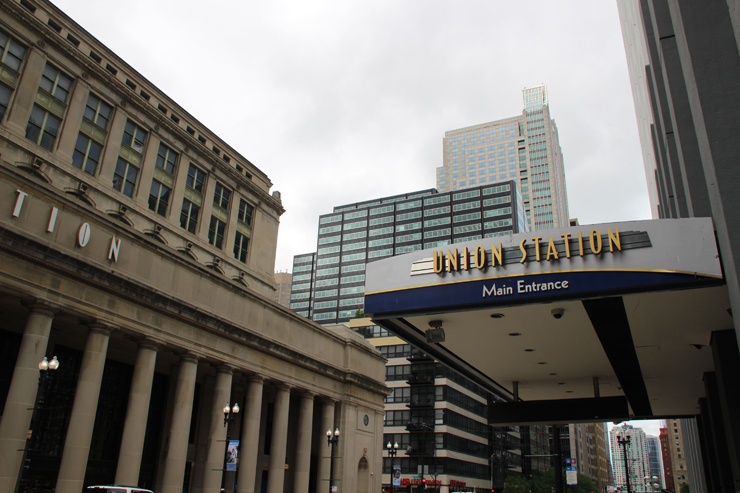

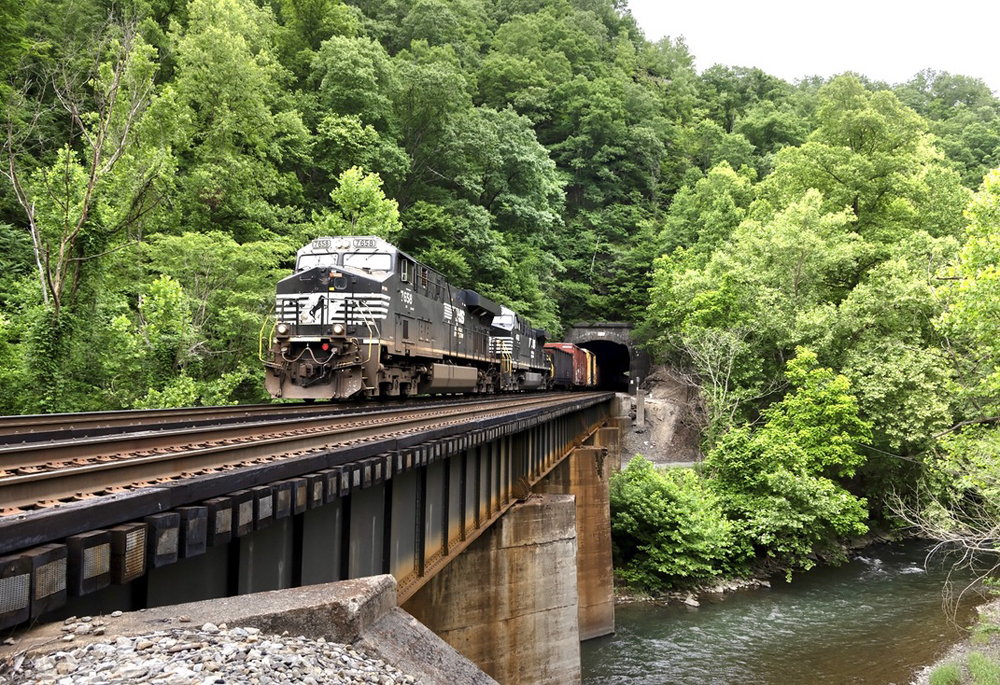
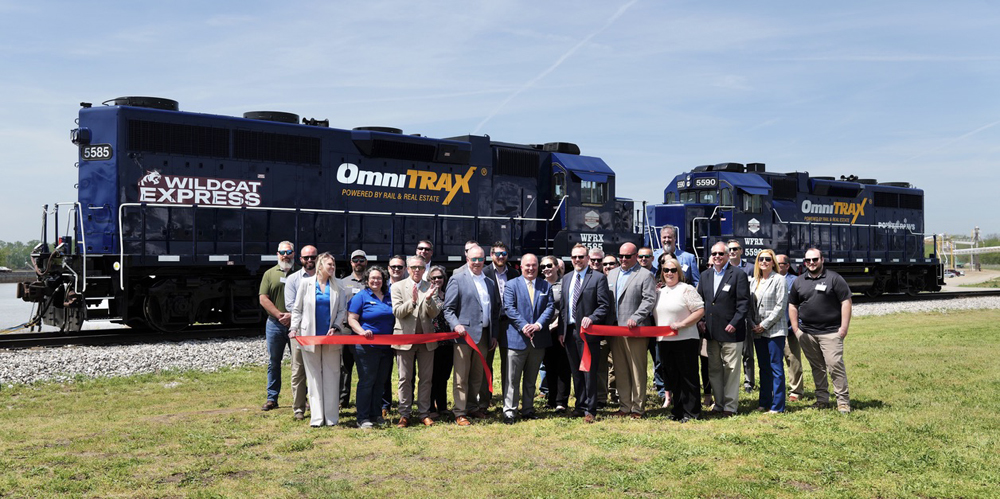
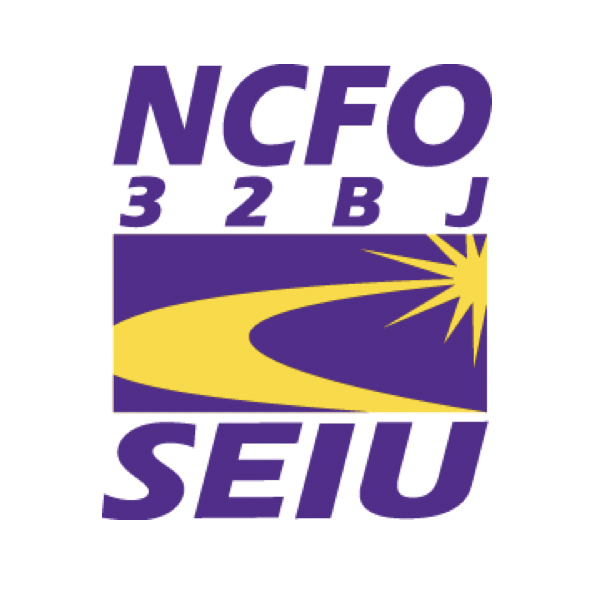
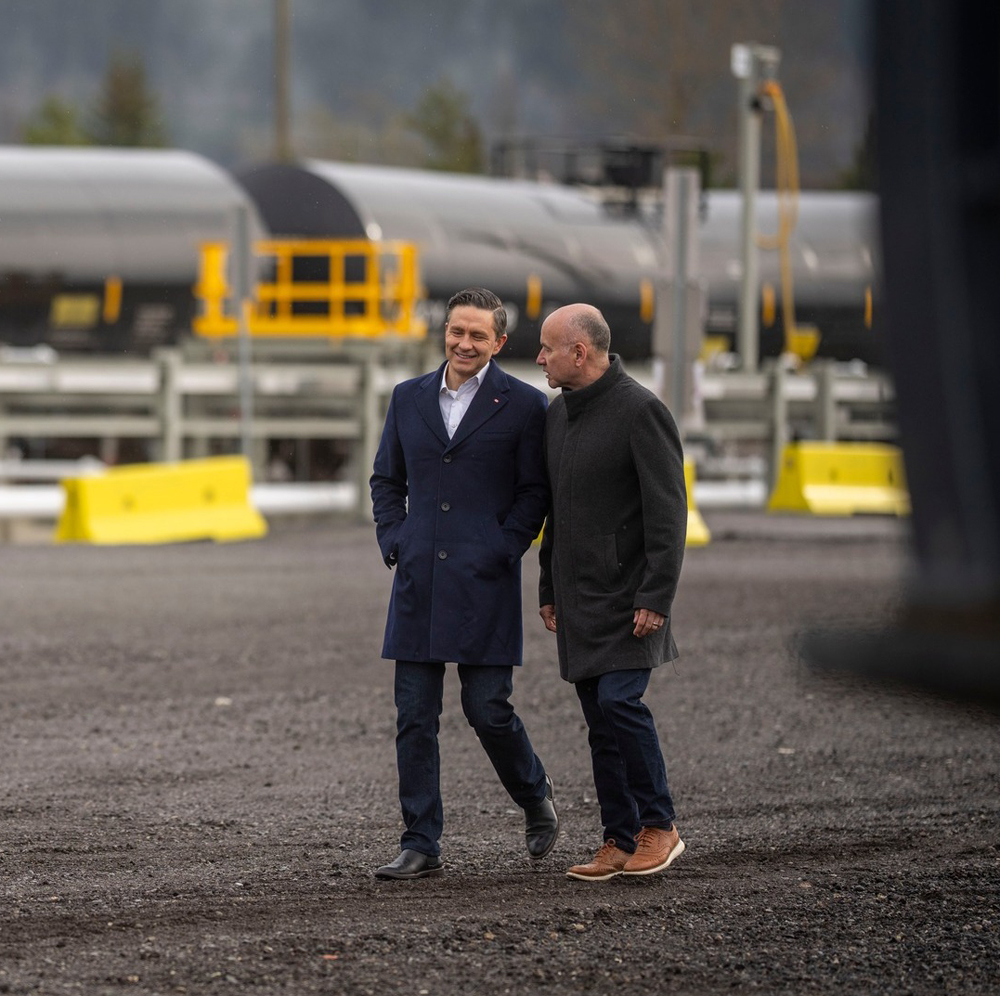




Am surprised Amtrak is acting like a big bully over these situations, they have always been bullied by the government so they should understand the situation. Play nice and get along with other tenants. Metra is a valuable commuter service and SEPTA probably is too. Work it out and Michael’s idea sounds good, get an independent to help straighten it out.
Simple solution. An independent party determines the total costs of the station. Count all the passengers using the station for the year, divide the total cost by the total passengers, and assess Amtrak and METRA that per-passenger amount.
@Erich Guenther: Exactly what the RTA did when Northwestern Station was torn down and replaced by OTC. Exactly what RTA did when they tore down LaSalle Street Station and let CBOT build right over it. RTA didn’t want the rest. (Dearborn, Grand Central or Central Stations).
Dearborn is a retail center now. Grand Central stood empty for years until finally demolished. Central was torn down as quick as IC could.
Union Station still has a lot of air rights in its hands and that is what Amtrak wants to keep their hands on.
Metra has sold a large amount of air rights north of CUS opposite of Wolf Point. So much so, an inbound to OTC could look east right down the “valley” of the Chicago River for a long time, not anymore.
Metra will level Union Station and sell the air rights.
Such repetitive compulsion behavior by Amtrak should not be a surprise, given its similar attack against SEPTA (Philadelphia) and prior attack against VRE (Washington).
Ironically, Amtrak attempts to strong arm commuter services just as it claims the Class 1s have done to Amtrak.
Given the amount of lost time in jump starting the redevelopment of Union Station, just as with Penn Station-NYC, the most logical approach, given Amtrak’s minority user status, is to turn Union Station over to the State of Illinois. Governor Cuomo has already requested the same for Penn Station-NYC.
Time to recognize that just as Amtrak’s enabling legislation did not envision it to own and operate infrastructure e.g., NEC), it also did not see Amtrak in the real estate or development business. The intent of Railpax was to focus on the core business–running passenger trains. As we have experienced, even that basic core competency is handicapped and requires much attention.
It won’t happen, but at the moment, I would be very pleased if Metra was allowed to build an all new station for themselves. I am very sure that any near Loop developer would take just south of $8m annually to permit a new underground station under their property.
As I said, it won’t happen, but its technically possible. Illinois is just too broke.
Given this impasse along with the one between CN and CP concerning their Chicago interchange; maybe the Surf Board should establish a satellite operation in the Chicago area.